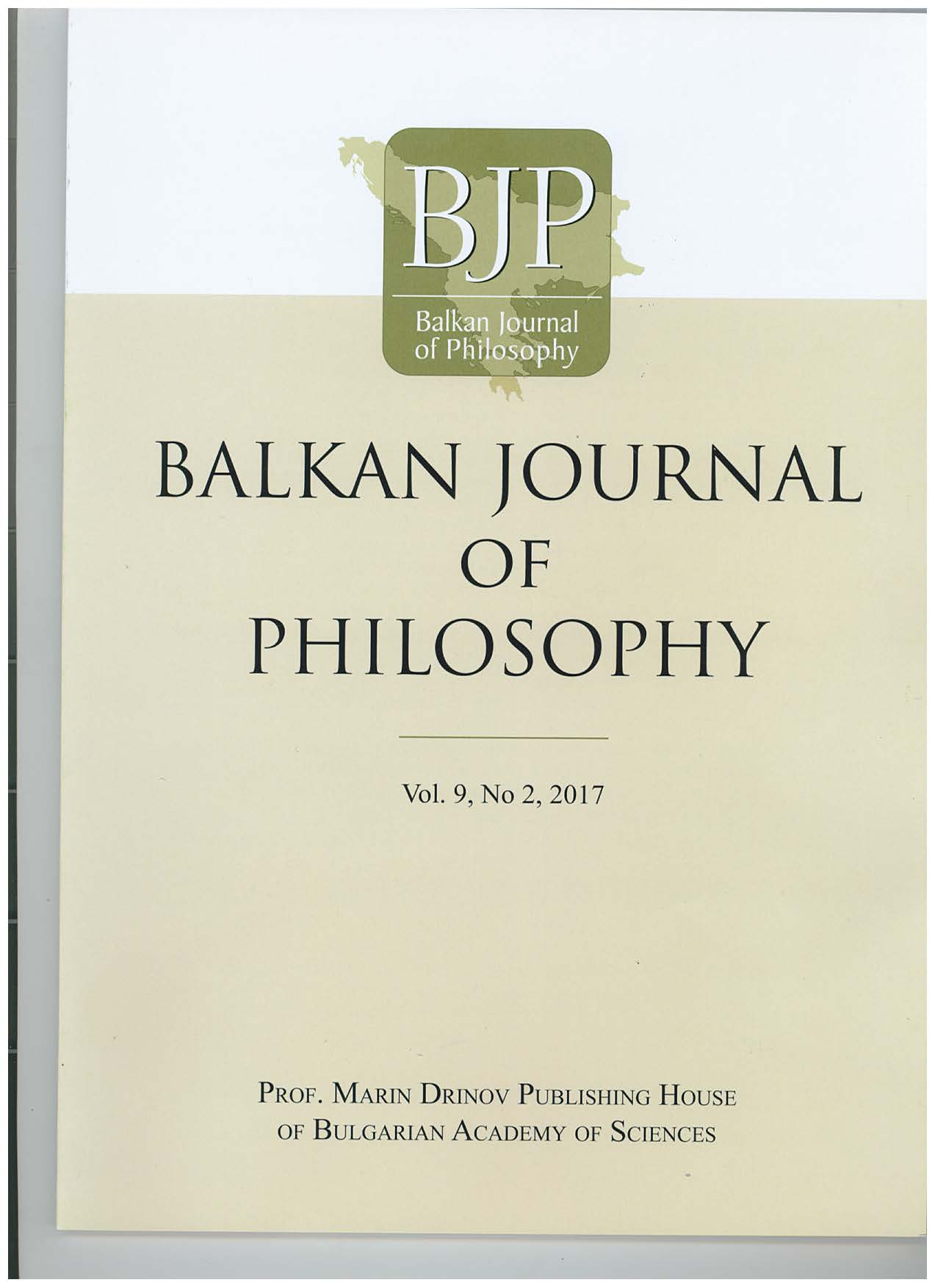The A priori as Bridge Between Kant’s Theoretical and Practical Philosophy
The A priori as Bridge Between Kant’s Theoretical and Practical Philosophy
Author(s): Claudiu BaciuSubject(s): Philosophy, Philosophical Traditions, Metaphysics, Ethics / Practical Philosophy, Political Philosophy, Special Branches of Philosophy
Published by: Институт по философия и социология при БАН
Keywords: Kant; a priori; reason; categorical imperative; moral end
Summary/Abstract: Kant’s philosophy revolves around the concept of a priori, a term meaning not only that something happens before any experience, but that some cognitions of ours are necessary and universal. His fundamental question was in his first Critique of how synthetic a priori judgments are possible. The a priori also plays an essential role in the second Critique, such an important role that the idea of the categorical imperative is impossible to under-stand if one does not understand how the a priori is involved in Kant’s practical philosophy.
Journal: Balkan Journal of Philosophy
- Issue Year: IX/2017
- Issue No: 2
- Page Range: 127-132
- Page Count: 6
- Language: English

